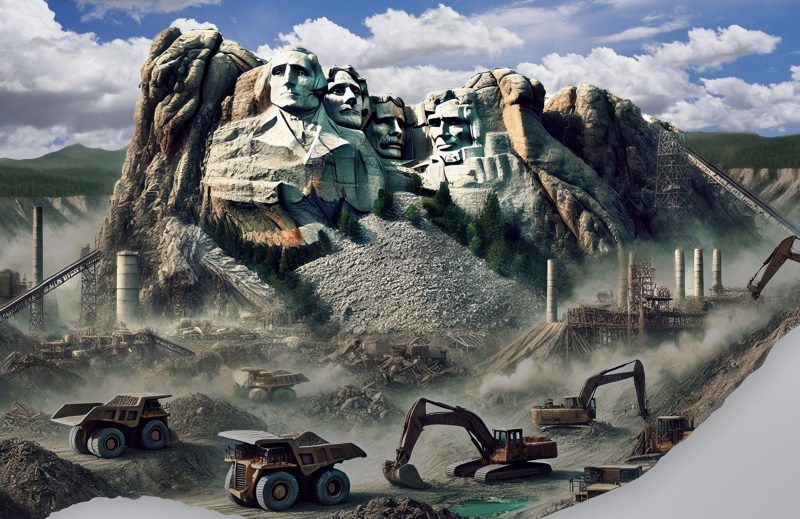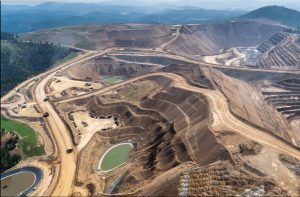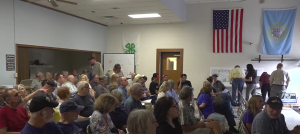
The Black Hills Preservation Project fights commercial mining projects on public lands, focused on the Black Hills region of South Dakota. Best known for Mount Rushmore, the Black Hills are a highly touristed mountain range, home to more than 240,000 people in the five surrounding counties and rare native species, such as American bison, pronghorn, mountain lions and prairie dogs. But the General Mining Act of 1872 continues to allow companies to mine on government-owned land, which can disrupt habitats, pollute the air, and leach heavy metals into drinking water sources. In recent years, American, Canadian and Australian mining companies have moved into the region to mine for gold and lithium — plans that the Black Hills Preservation Project says should never have been approved by the U.S. Forest Service. Another abandoned mine, the Gilt Edge Mine, might be turned back into a mine after decades of intensive remediation efforts, costing more than $120 million, by the EPA.

BHPP members fight commercial mining, particularly gold mining, on public lands. Fearing water contamination, among other potential hazards, the group works to protect their home from becoming like the Wharf Mine (pictured above), less than an hour northwest of BHPP’s headquarters in Custer, SD. Source: A May 2023 aerial view of the Wharf Mine near Lead. Courtesy of EcoFlight
The all-volunteer organization was formally founded in June 2024 by a group of neighbors concerned about a commercial mining proposal, the Newark Exploratory Drilling Project, introduced in their area by a Minneapolis-based mining company called F3 Gold. After seeing a notice in the local newspaper, more than 450 people showed up to a Forest Service meeting upset about the potential harm to the environment, their health and their quality of life. Many of them kept in touch, forming the Black Hills Preservation Project. The nonprofit is currently collecting petition signatures to show South Dakota lawmakers how unpopular and dangerous these commercial mining operations are. It also urges residents to get their drinking water tested regularly to assess potential contamination, as everyone in the region gets their water from wells that might be affected by the 24-hour drilling operations at 36 sites across the Black Hills.

Video of concerned citizens meeting to discuss opposition to exploratory gold drilling west of Custer